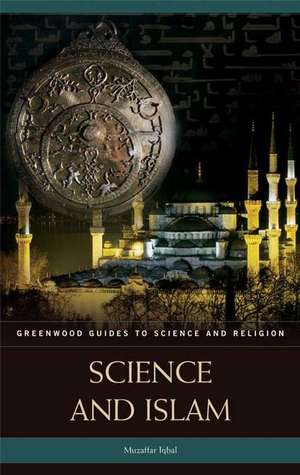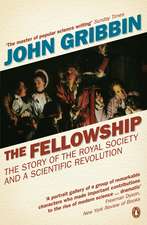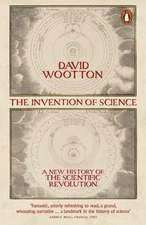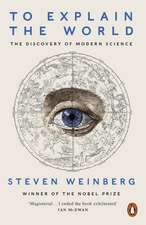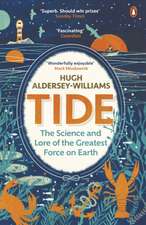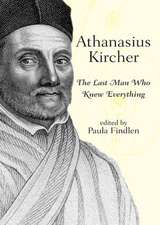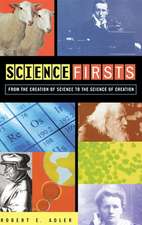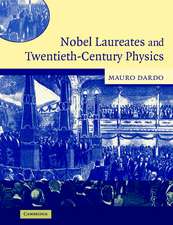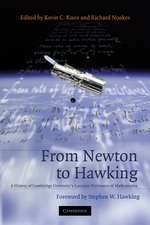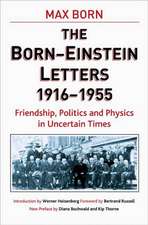Science and Islam: Greenwood Guides to Science and Religion
Autor Muzaffar Iqbalen Limba Engleză Hardback – 29 mar 2007 – vârsta până la 17 ani
Preț: 304.05 lei
Preț vechi: 528.35 lei
-42% Nou
Puncte Express: 456
Preț estimativ în valută:
58.18€ • 63.40$ • 49.03£
58.18€ • 63.40$ • 49.03£
Carte tipărită la comandă
Livrare economică 23 aprilie-07 mai
Preluare comenzi: 021 569.72.76
Specificații
ISBN-13: 9780313335761
ISBN-10: 0313335761
Pagini: 272
Dimensiuni: 156 x 235 x 29 mm
Greutate: 0.56 kg
Editura: Bloomsbury Publishing
Colecția Greenwood
Seria Greenwood Guides to Science and Religion
Locul publicării:New York, United States
ISBN-10: 0313335761
Pagini: 272
Dimensiuni: 156 x 235 x 29 mm
Greutate: 0.56 kg
Editura: Bloomsbury Publishing
Colecția Greenwood
Seria Greenwood Guides to Science and Religion
Locul publicării:New York, United States
Notă biografică
Muzaffar Iqbal is the President of the Center for Islam and Science (www.cis-ca.org), Canada. A scientist by training, an Islamic scholar by vocation, a novelist and a poet, his previous works include Islam and Science (2002) and God, Life, and the Cosmos: Christian and Islamic Perspectives (co-editor, 2002).
Recenzii
This is an excellent book. It is a model for any studies on the relation of a particular religious tradition to science.
[The author] has an agreeably caustic and aggressive approach to outdated and erroneous ideas about the history of science. The book is a polemical essay, rather than a history, and welcome as such.
Scientist, Islamic scholar, novelist, and poet Iqbal first explains why the two-entity model of science and religion developed to analyze Western Christianity does not apply to Islam. Then he explores such questions as what was Islamic in Islamic science, whether there were tensions within the Islamic tradition that may have inhibited the full blossoming of scientific activity, how Islamic scientific knowledge was passed to Europe, and what new facets of the relationship between science and Islam have appeared in the post-Scientific Revolution era.
[The author] has an agreeably caustic and aggressive approach to outdated and erroneous ideas about the history of science. The book is a polemical essay, rather than a history, and welcome as such.
Scientist, Islamic scholar, novelist, and poet Iqbal first explains why the two-entity model of science and religion developed to analyze Western Christianity does not apply to Islam. Then he explores such questions as what was Islamic in Islamic science, whether there were tensions within the Islamic tradition that may have inhibited the full blossoming of scientific activity, how Islamic scientific knowledge was passed to Europe, and what new facets of the relationship between science and Islam have appeared in the post-Scientific Revolution era.
